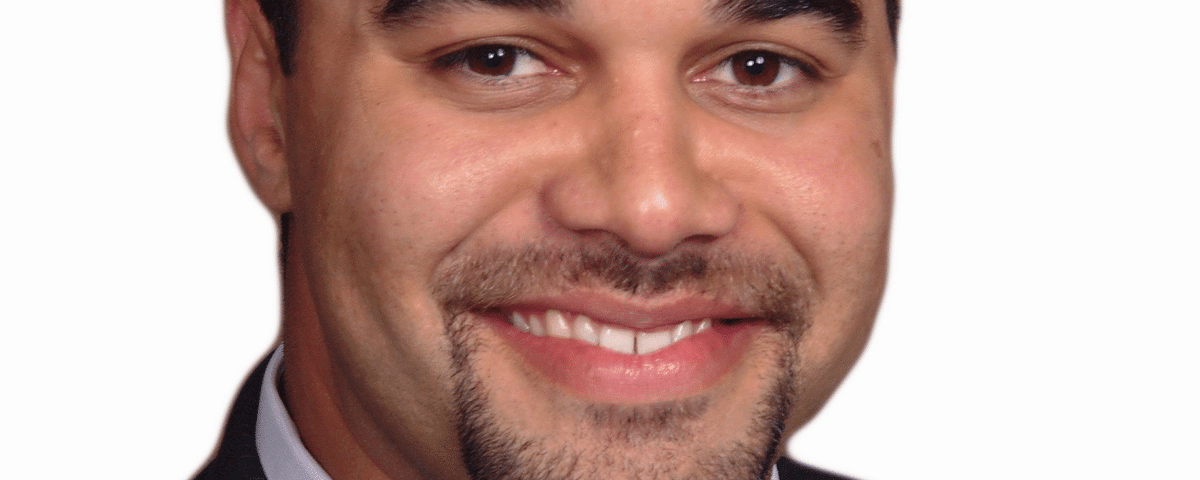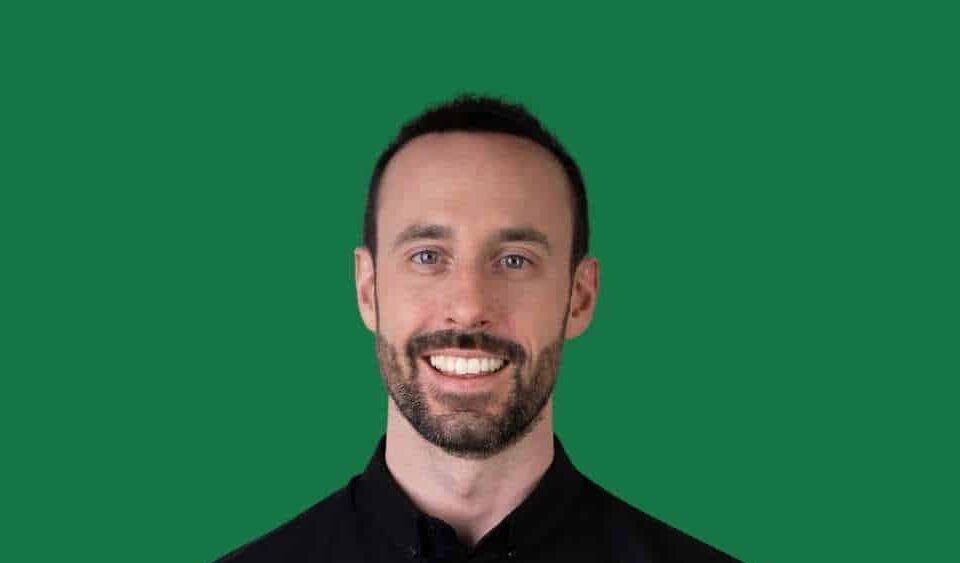Southwest Airlines is getting rid of open seating
July 26, 2024AI sales rep startups are booming? So why are VCs wary?
August 23, 2024By Verne Harnish
Heritage Hill Capital Partners was hitting a plateau in its growth back in 2021 when CEO Sean Blythe decided to try the Scaling Up platform. The vertically integrated real estate and private equity firm, based in Cincinnati, Ohio, buys assets that it holds for the short- to medium term–primarily workforce housing. It dramatically improves the units and then refinances or sells the properties, returning value to shareholders.
When Blythe read Scaling Up: Rockefeller Habits 2.0 and took an assessment on the Scaling Up website, he learned that there was an opportunity to build upon the company’s systems in the areas of People and Execution. He reached out to Scaling Up Certified Coach Rick Crossland, based in Columbus, and Crossland began working with Blythe and his executive team in April 2022. At the time, the firm, founded in 2011, had had about $20 million in annual revenue.
Today, Heritage Hill Capital Partners has about $27 million in annual revenue. As it has grown from 28 employees to 43, it has increased the percentage of A Players from 68% to nearly 88%. Meanwhile, it has delivered returns far above the industry standard to its investors. Although the market has slowed a bit, notes Blythe, the firm’s past performance has showed investors that its team does what it says it will do. “They know we deliver,” he says, indicating annual returns since fund inceptions have been greater than 20%.[1]
Attracting ‘A Players’
In positioning the firm for growth, one key focus was people. Heritage Hill’s leadership team knew it needed more A Players to grow the firm. The executive team had begun using the Topgrading system for recruiting, hiring and interviewing after reading about it in Scaling Up but wanted to get more out of it.
Working with Crossland, they dove into building their interviewing and hiring processes around their Core Values. Using tools such as the Function Accountability Chart (FACe) and Process Accountability Chart (PACe) helped them define roles on their team clearly. As they expanded their leadership team from three individuals to 11, it became extremely important to hire A Players who could work together to support the company’s goals.
“We’re looking internally as to what is an A Player for each position and how we can we continue to develop our associates and create career ladders for them,” says Tina Dalton, people operations manager.
To help associates reach their full potential, the company has introduced the Personal Performance Promise™, a Scaling Up Growth tool that Crossland innovated, in which team members share their personal career goals, and leaders, through coaching, build developmental plans. One key focus this year has been investing in coaching for team members.
The leadership team also brought new focus to the company’s culture—known as the Heritage Hill Way, which is focused on teamwork, productivity and results. That has been essential as it has recruited team members from firms that did things their own way. “We are intentionally building a culture around systems and processes from the top down, using Scaling Up and Topgrading,” says Patrick Griffor, president and COO, who co-founded the firm with Blythe.
Prioritizing a winning strategy
To keep the team aligned on strategy, Blythe and his team completed the One-Page Strategic Plan with Crossland. Heritage Hill is moving forward on its Big Hairy Audacious Goal (BHAG) of transacting 10,000 units in 10 years, and is at about the 1,500-unit mark.
A foundation of this strategy is to keep the cost of building its portfolio down by acquiring distressed properties that are from 20 to 60 years old and making improvements, such as new kitchen cabinets. In doing so, it is able to rent the units at prices affordable to middle-class tenants and still turn a nice profit. At one 264-unit complex it recently upgraded, it was able to renovate the units at $105,000 to $108,000 per door, when the costs for a new unit would normally be about $200,000.
“Construction and labor costs are up. By being vertically integrated and being volume purchasers we can hold the prices down for materials and keep labor costs to a reasonable sum–because these folks are working with us for two or three years at a time renovating these assets,” says Blythe. “More importantly it’s the price we pay for the asset that allows us to have a total capitalization that can still make the property affordable for the end resident.”
Nailing execution
In addition to weekly huddles that incorporate elements of the Agile framework, Heritage Hill has quarterly and annual meetings with Crossland. One key component is setting quarterly goals, or rocks, and focusing on them for the next 13 weeks. “We want to do 20 things, but we can’t do 20 things right,” says Blythe.
To that end Crossland has helped them focus their internal teams’ work closely, so Heritage Hill meets its benchmarks. “They’re planning each work week very discretely through scrums, and there is serious accountability,” says Crossland. “The goals are sharp and crisp, and they’re focused on what we’re doing on day one, day two and so on.”
Keeping cash flowing
With the right systems in place to scale, the firm has been able to deliver high returns to the accredited investors who back the fund. “We’ve had extraordinary returns, and that is why they have continued to reinvest and increase their commitment amounts,” says Blythe.
Chris Michel, vice president of finance, adds that use of Scaling Up tools like labor efficiency ratios (LERs), Scaling Up Cash and advanced forecasting methods has driven increased profits and cash flows, while sophisticated modeling of opportunities allows the firm to find value in the market and act fast on it. The firm’s team has also built exceptional relationships with lenders, enabling it to deploy and return investor capital quickly, Michel adds.
In an environment in which there is little rental housing available to people who earn $18 to $40 an hour, Heritage Hill Capital Partners is committed to creating sustainable housing solutions that not only benefit the communities the company serves but also provide strong returns for their investors. Its work in workforce housing exemplifies a deep commitment to both social impact and economic growth, making the firm a key player in addressing the housing needs of middle-income Americans. Ultimately, it creates a virtuous circle—illustrating the power of scaling up in an intentional way.
“We’ve come a long way,” says Blythe. “While we are thrilled with our progress, our team is most excited about all of the opportunities we have found to scale up even further.”
[1] Past performance is not indicative of future results.




